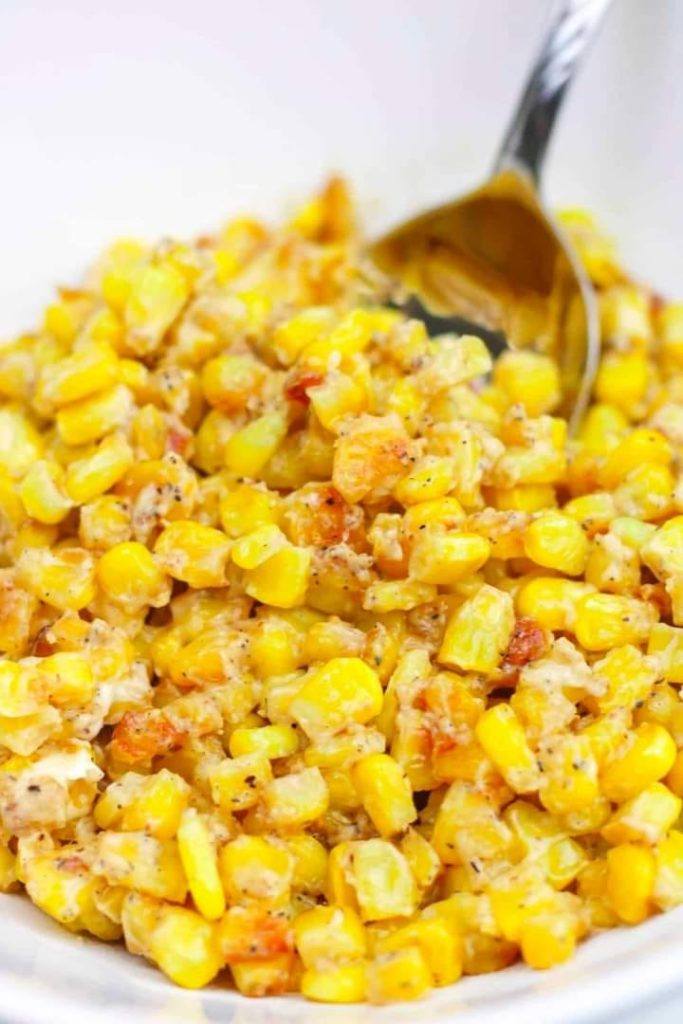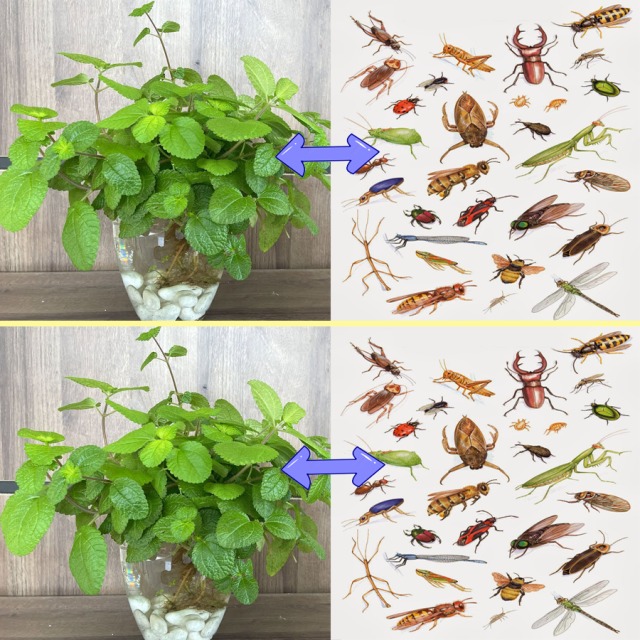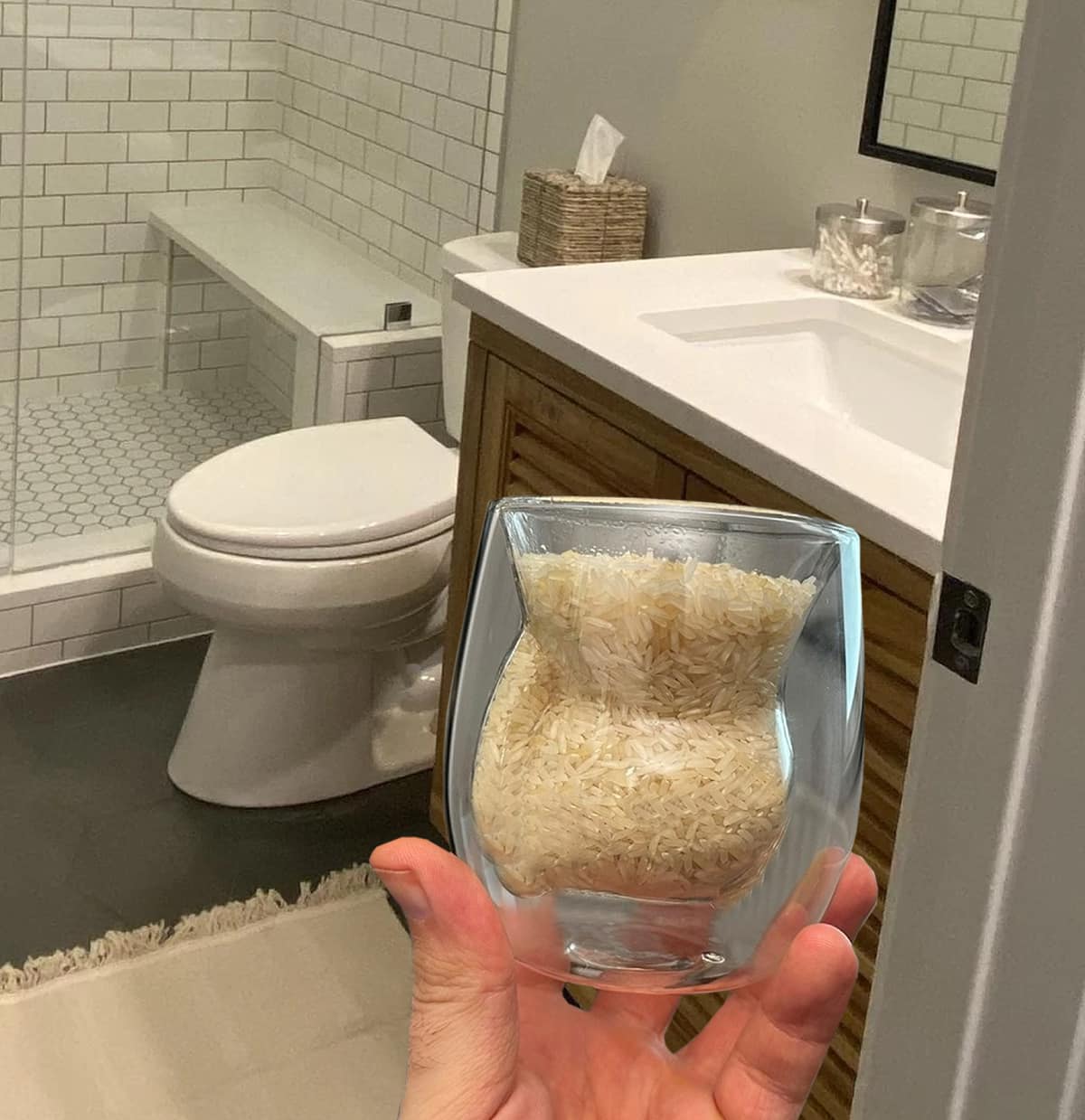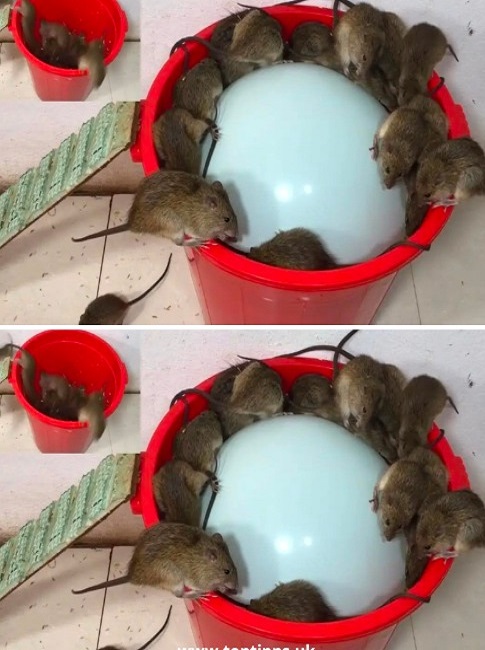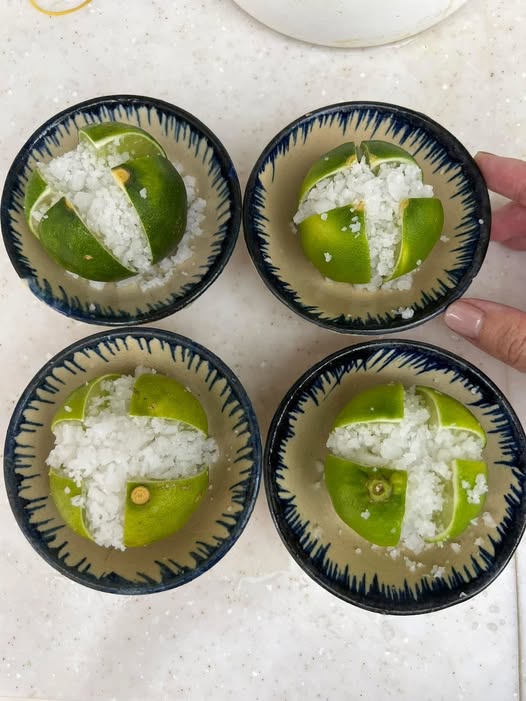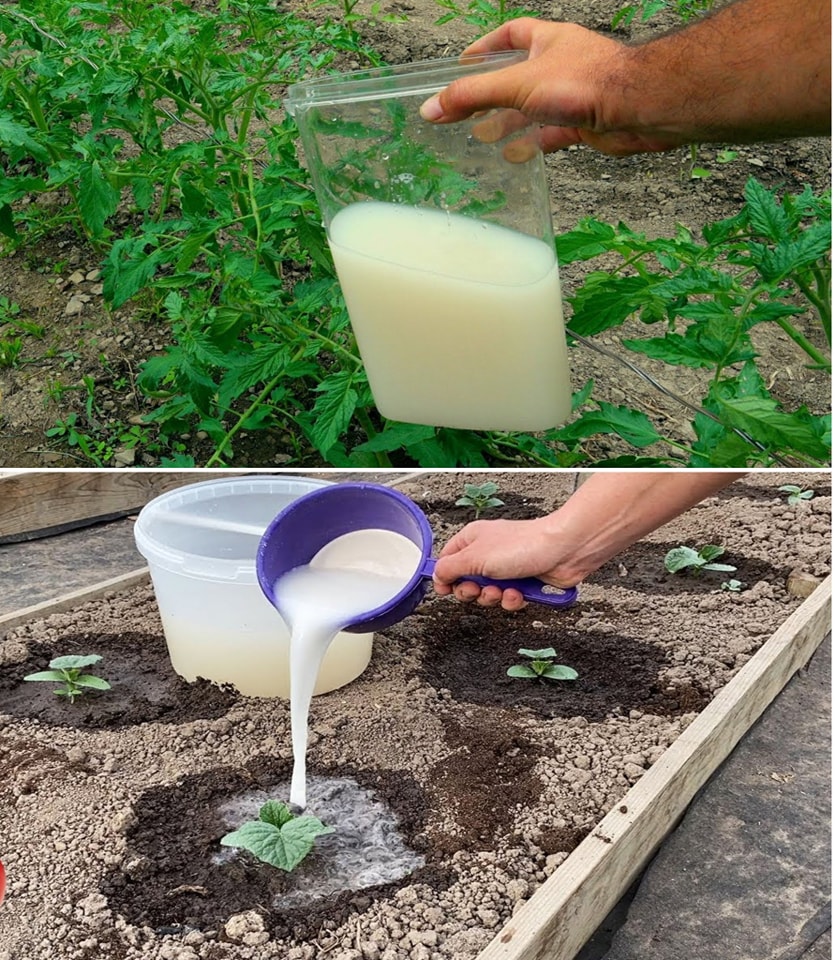
Yeast emerges as a potent natural fertilizer, rich in essential nutrients vital for plant growth, including nitrogen, phosphorus, and potassium. Moreover, its application fosters the proliferation of beneficial microorganisms in the soil, enhancing plant health and vitality.
In addition to yeast, alternatives like manure or nutrient-rich organic compounds offer supplemental sources of nourishment for plants. The beneficial properties of yeast extend beyond nutrient provision, contributing to soil enrichment and structure improvement.
Yeast serves as a natural reservoir of micronutrients essential for plant development, including iron, manganese, copper, zinc, and others. Plants absorb these nutrients from their surrounding environment, encompassing soil, water, and air.
Utilizing yeast as a fertilizer follows a straightforward process, akin to the fermentation of bread dough. Mixing yeast with lukewarm water, supplemented with a touch of sugar to initiate fermentation, yields a potent fertilizer solution. Once foamed, the solution can be diluted and applied to various plants, promoting robust growth and development.
My aunt used to make this pie all the time. Spent a long time finding a recipe that reminded me of hers. This was it!
Strawberries and Cream Salad
Crisp and Cool: Crafting Your Perfect Cucumber and Cabbage Salad
Crockpot Chicken Pot Pie Soup
Honey Butter Skillet Corn!!! – top petstips
Whisk Banana with Cookies! You’ll be Amazed! Delicious Dessert in 5 Minutes Without Baking
Spicy pancakes with leek and goat cheese
A Very Simple and Delicious Recipe for Cauliflower in the Oven
My Granddaughter Kicked Me Out of the Apartment I Gifted Her — So I Gave Her a Reality Check




